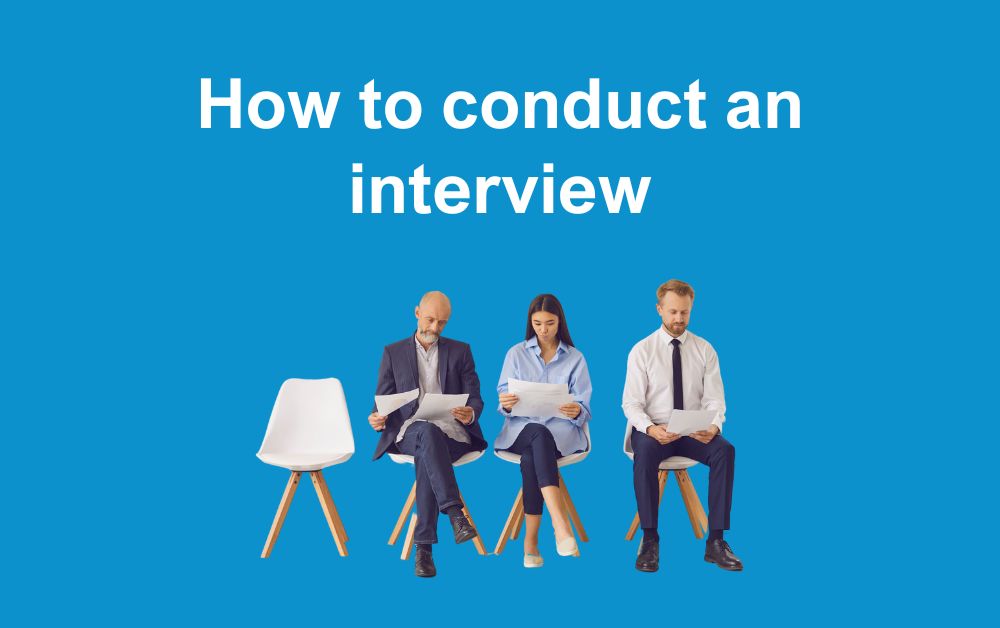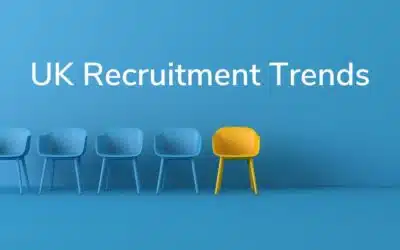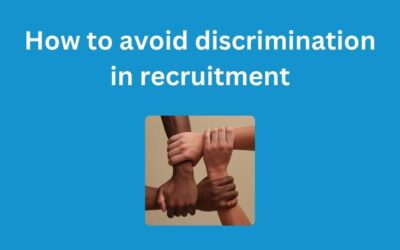In this article we are looking at how to conduct a job interview. We will provide you with some job interview tips so that yours and the candidate experience is positive. You will find out more about the hiring process for your talent acquisition and how to prepare a structured interview.
Interviewing your candidates face to face is one of the most important steps in hiring a new employee. It is an opportunity to evaluate the candidates work experience as well as a chance to review the candidate’s specific skills and abilities.
Normally the interviewee is the one that can be nervous. However, employers can also find this part of their role overwhelming. Fortunately, there are some ways to put both yourself and the candidates at ease and make sure you get all of the information you need. Here at The HR Booth we can help you with the face to face interview process if you are in need of interviewing support.
Your goal for your business is to make sure you choose the right candidate for your businesses needs. Here we take you through the key steps to follow when working on how to conduct and interview.
Preparation
The first piece of information we can give you on how to conduct an interview is to start by preparing the questions that you want to ask. It is good practice to have this printed off with enough space to write the candidate’s responses. Having set questions to ask the candidates ensures you cover all the bases. This also ensures consistency for all candidates. This is important to allow you to make an objective decision. If you’re challenged on your decision later – you don’t want to be asking any questions that could be construed as discriminatory.
It is a good idea to become acquainted with the types of questions that should never be asked i.e. discriminatory questions on race, religion or belief, sexual orientation, age, disability, gender reassignment and sex. For example, you shouldn’t ask questions relating to health or candidates children.
Keep in contact with job candidates
It is also good practice to follow up with your candidate before their interview. This ensures the candidate has a clear understanding of the job role and information about the organisation. You can do this by emailing the candidate a full job description which will allow them to see in full what the job role entails. You should also confirm who will be interviewing them, their role in your organisation and where the interview will take place. This gives directions to your candidates. You should also confirm how long the interview is likely to last. This allows the candidates to make plans. This can be helpful as they may require to take time off work or juggle their diary. Communication is a must when looking at how to conduct an interview. All of these steps are part of a smooth recruitment process and a positive candidate experience.
Interview questions you should consider asking
We understand that every job role is different. There will be set questions that you need to ask the candidates. In addition, you may look at using competency-based questions. This is when you ask potential candidates to give specific examples of a scenario of something they have done in the past. The reason for asking these type of interview question is if the candidate has done this in the past, they’re more likely to do so in the future. The competency questions will really depend on the job role and some examples could include:
- Customer Service
- Problem Solving
- Resilience
- Team Work
- Initiative
This means the questions you ask will relate to these topics. For example, please describe a time when you delivered outstanding customer service? You may then follow up to ask what their role was within. An example of this is, what was the outcome and how did they know the customer was satisfied. Remember, you’re looking for a specific example so probe to get the details you need. A good way to remember how to follow this process is to use what we call the CAR method.
CAR:
- C = Condition – what was the scenario or issue?
- A = Action – what action did they take?
- R = Result – what was the result, how did you know?
Closed questions that require only a yes or a no answer will not give you much information about the job candidate. Open-ended questions that leave the door open for a full response can reveal all kinds of interesting facts about the candidate. This is important when considering how to conduct an interview.
To help make your candidate feel at ease, it is good practice to ask an “introductory question”. This can even be something like “tell me a bit about yourself”. This can help the candidate relax and can also let you get to know a little bit more about the potential new employee.
Conducting the Interview
It is good practice to start the interview by informing the candidate that this will be more of a discussion and the chance to get to know them a bit better. Also inform them that the interview team want to learn about their work experience and skills they have.
Make sure you make your questions as clear as possible. You may find that some candidates are “put on the spot” with some questions or are unable to think of a specific response right away. Be mindful of this as it can be due to nerves. In addition, allow the candidate the chance to come back to the question at the end of the interview.
When asking the questions, listen to what the candidate is answering and take notes throughout the process for you to review after. Give the conversation room to breathe. Often candidates will fill a silent hole with additional examples, more detail, or a completely different perspective on the question you asked.
You will also want to confirm notice period, benefits package and any holidays they have planned as this will help with your decision making. You should also be confirming reference details if you don’t have these already.
At the end of the interview ask the candidate if they have any questions. This will allow the candidate to ask you anything else they wish to know about the job role. Remember: A good interview process is 2-way, and you need to sell your organisation as much as the candidate needs to sell themselves to you.
Set expectations
At the end of the job interview, describe the next step to the participant. It may be that you have a few more candidates attending interviews so allow a realistic time frame of when you will get back to them. Don’t set unrealistic expectations such as you’ll hear this week if that’s not feasible. Where you do set a time frame you then cannot meet, ensure you contact the candidate to inform them of the delay.
Few things are worse than having no idea what, when, or if something happens next. Don’t force the candidate to ask, inform them and take control.
Some employers will wish to hold a second interview, so ensure this is communicated. Think of why you would want to do this – can you speed the process up? Could you consider some other form of assessment, such as ability testing?
Making the Decision
To assist with your decision making, review your notes and mark each person against each of the competency and skill questions. You can also use an interview scorecard. This will enable you to select the ideal candidate for the job. If your hiring team consists of several people, get their input too. I used to always ask the receptionist for an opinion – such as did they turn up on time, engage in any communication – all of that could be important to team fit. This is also great for maintaining a good company culture as your existing employees feel included in the hiring process. Another good tip is if there’s a tour of the building, which I’d strongly recommend before the final interview round, is involve someone in your team to do this – they can then chat informally in a relaxed setting and offer some input.
Once you have considered all the responses from your job interviews, you will want to call your successful candidate and make an offer, agreeing a start date. I always start this conversation asking for their opinion on the process so far, what did they think of the candidate interview and do they have any concerns or questions. Once you deal with that, you can then tell them the good news, and hopefully agree a start date. At that point you will want to confirm the offer in writing, giving them the full terms of the offer and ask them to confirm acceptance.
Inform Unsuccessful Candidates
Once you have their acceptance, you can then inform your unsuccessful candidates. You want to leave a positive impression with them as they could still be a potential employee in the future. They can also be a future customer so it’s important to treat people with respect. If you can offer some feedback to help them for future roles you should do so – not many employers do this unless their asked, so why not take control and do this anyway? This reinforces the positive impression you have given during the selection process and the candidate will appreciate you taking the time to give feedback.
If anyone has any other experiences of conducting interviews, we’d love to hear from you. You can hear further information on recruitment and the selection process by listening to our podcast.
Remember, if you want to chat about how to conduct an interview, or have any questions, please get in touch.







